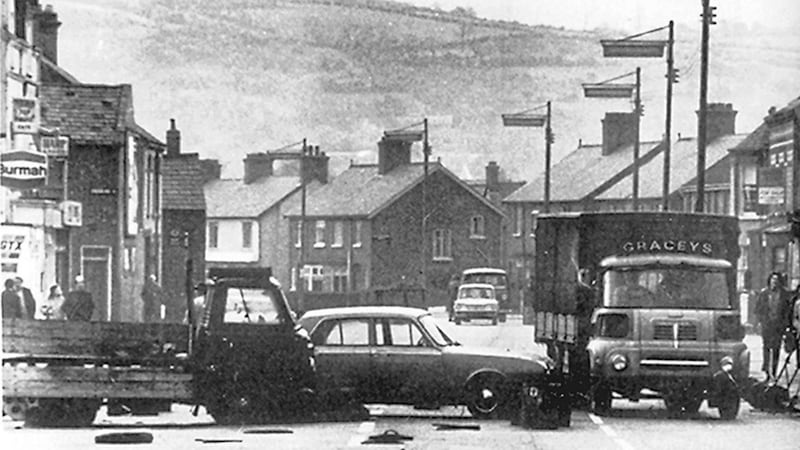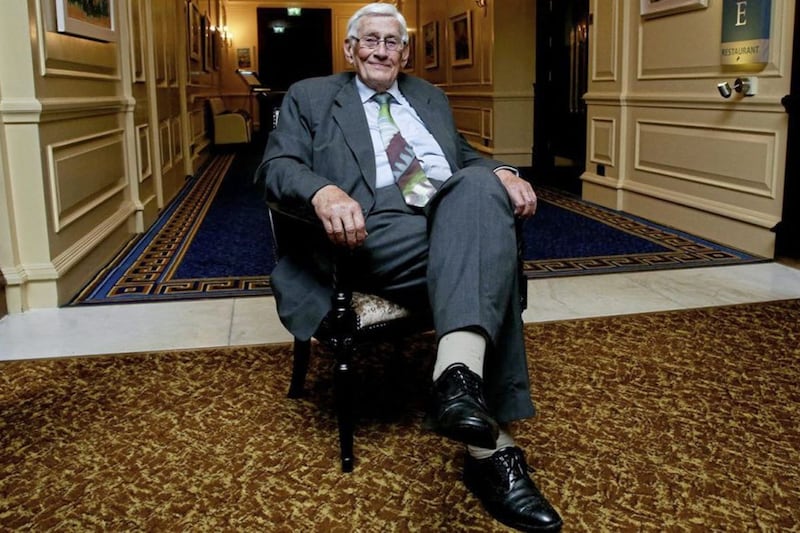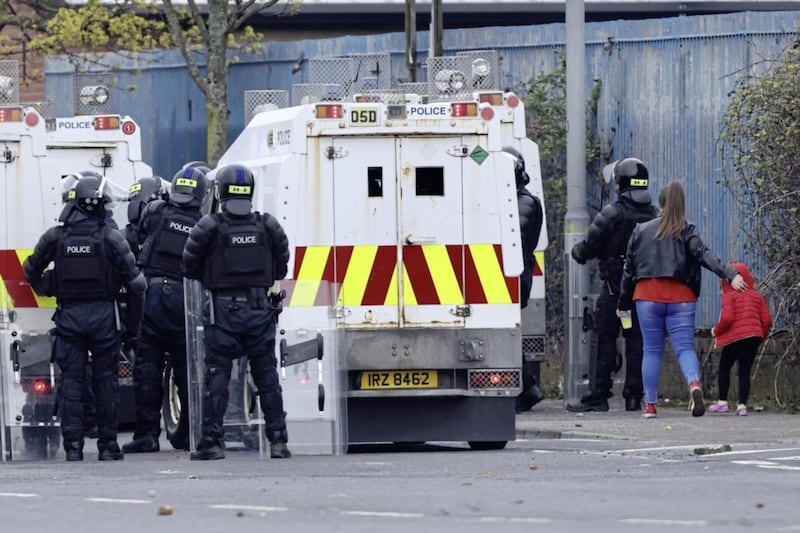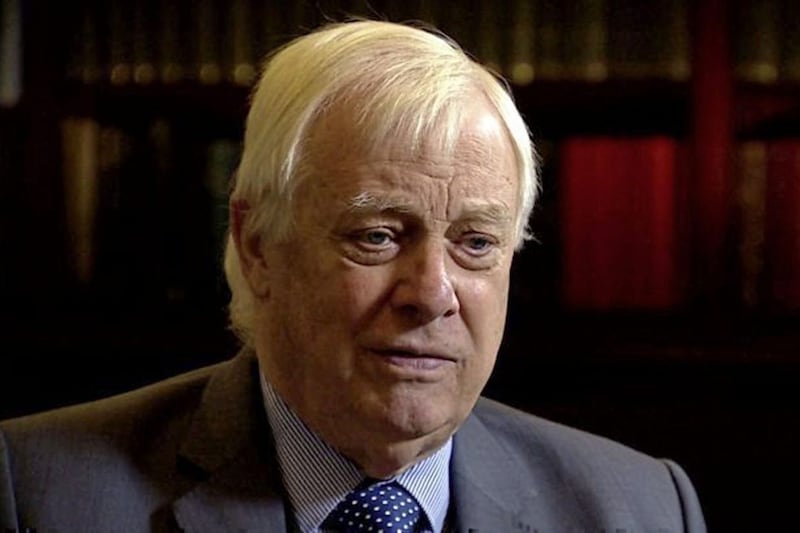REFORM of policing and the disbandment of the RUC was a crucial but controversial aspect of the peace process.
The Independent Commission on Policing for Northern Ireland was intended as a turning point.
Chaired by Conservative politician Chris Patten, it became better known as the Patten Commission when it finally delivered 175 recommendations in September 1999.
They represented the most comprehensive reforms of policing to have taken place anywhere in the world.
In 2001 the Royal Ulster Constabulary was replaced by the new Police Service of Northern Ireland.
Sinn Féin was cautious at first, saying "one of the acid tests by which Patten will be judged will be whether or not nationalists and republicans feel confident enough and have peer approval to join whatever service emerges".
It would be January 2007 before the party reversed opposition to policing structures, when following a heated seven-hour debate more than 80 per cent of members backed the party leadership's move.
Gerry Kelly said it was one of "the most difficult" issues for republicans.
"I remember going to Ard Fhéis during the negotiations, which went on for a number of years, and saying that as we proceed there are big decisions to be made.
"It was very difficult, we held local meetings in small towns, villages, cities and townlands, speaking about the challenges. It was a huge project for the leadership.
"Policing was every bit as big as the rest of the negotiations, we needed fundamental change, so when Patten went away and came back with 175 recommendations I think even we were shocked at how far reaching they were.
"But they then had to be translated into legislation and that was a battle that took some years.
"There was resistance within the old guard of the RUC, from unionism and from civil servants, so we were fighting to make sure every recommendation was properly translated into legislation."
Throughout the Troubles more than 300 members of the RUC were murdered.
Catholics made up just seven per cent of the force.
While 50/50 recruitment brought that figure up to over 30 per cent, the application and success rate since the policy ended means that could soon start to drop off.
The ongoing dissident republican threat, legacy issues and low confidence in policing in nationalist communities have all been cited as hurdles to having a fully reflective and representative force.
"We need policing within the community and not a domination," said Mr Kelly.
"I am not dismissing the difficulties with dissidents but this goes beyond that.
"One of the uplifts of 50/50 was that the number of females rose to over 30 per cent, but when it comes to numbers of Catholic and women that's still not reflective in the higher ranks.
"The British government ended 50/50, we know there were some still resistant to it but we would be in favour of a return to that."
While the British government accepted radical reform was needed when setting up the Patten commission, many former and serving members of the RUC saw it as a betrayal.
Journalist Chris Ryder, author of RUC - A Force Under Fire and a former member of the Northern Ireland Police Authority, said if anyone other than Ronnie Flanagan had been Chief Constable at the time the change over would not have been possible.
"The day of the changeover the men and women who came in before midnight refused to go out on duty in protest.
"Ronnie Flanagan went from station to station and helped calm the fears of officers.
"There was a huge resentment and after the high feelings that night the officers settled down and went about their duty, not with a great enthusiasm but as they were required to.
"The main objections were the change of name, the badge and removal of the oath of office.
"Many thought they should have implemented Patten but still keep the RUC badge and name.
"Then there was the removal of royal emblems and pictures, the only thing in the end they could keep was the role of honour of murdered officers and that was painful going through that for many of them. But in reality that bond and ownership had to be broken.
"Ronnie Flanagan had an implementation team based at headquarters and it was their job to go around from station to station and check up on things."
Mr Ryder said there needs to be a "revival" of the principles of Patten to help the PSNI get over its current confidence crisis.
"What has gone wrong is that the peace process didn't deliver as it should have done and so we are now facing similar problems to the past, only made worse by reduced budgets and officer numbers.
"I believe that all senior officers are now committed to reform but held back by the pressures on the ground," he added.








